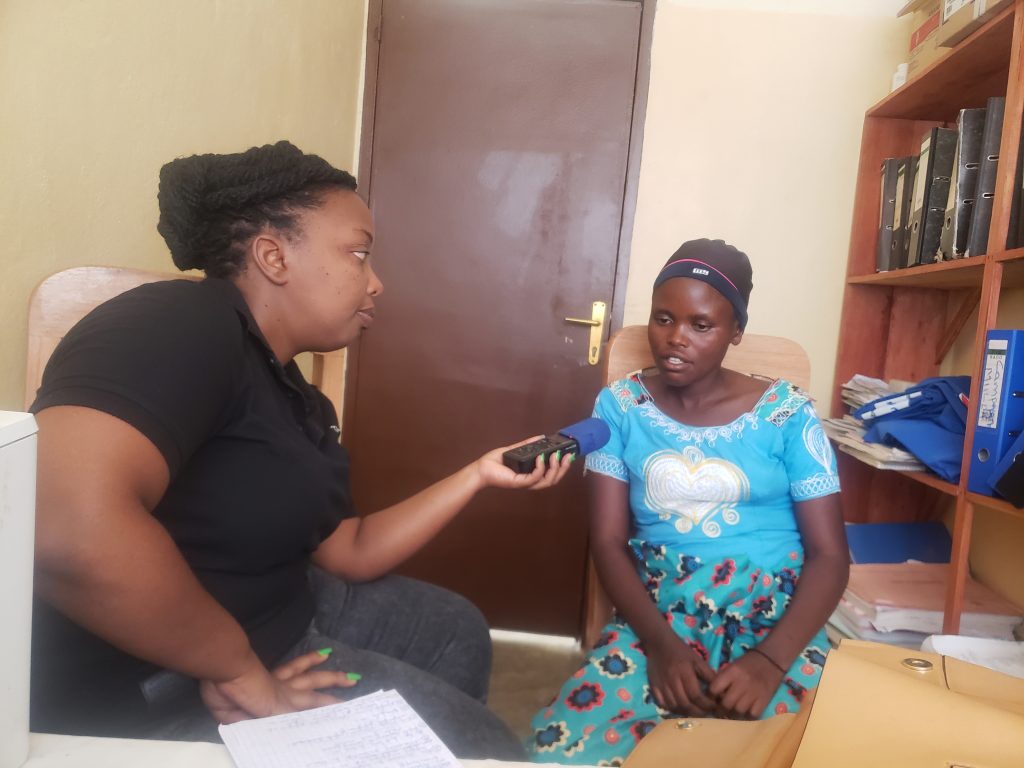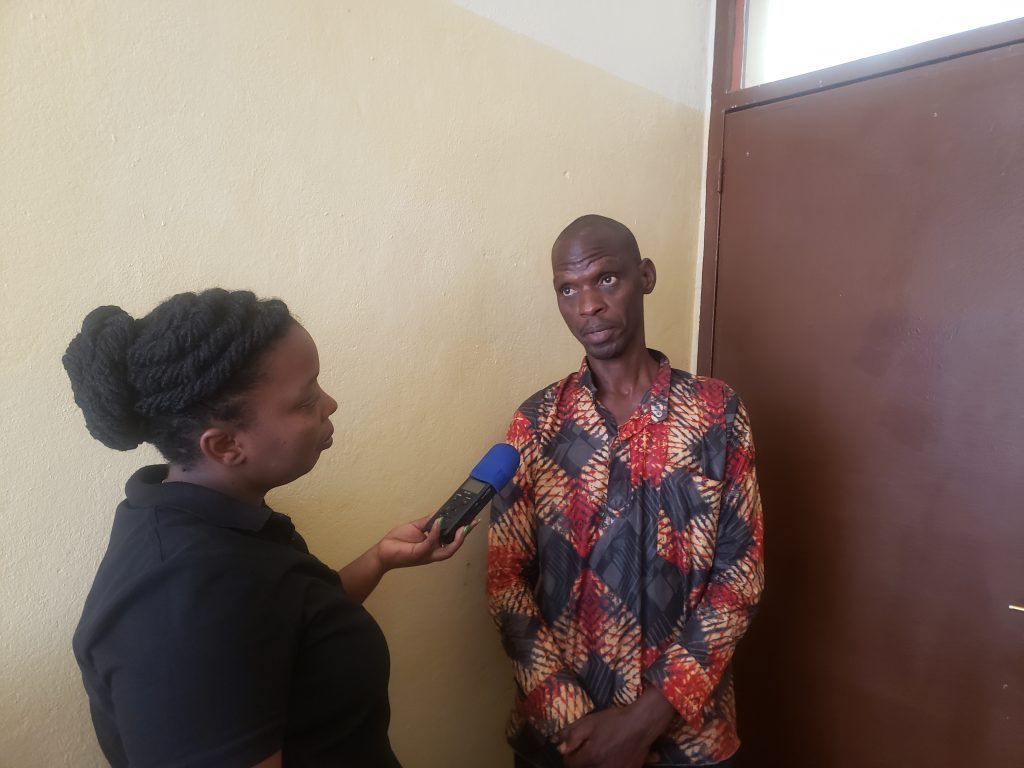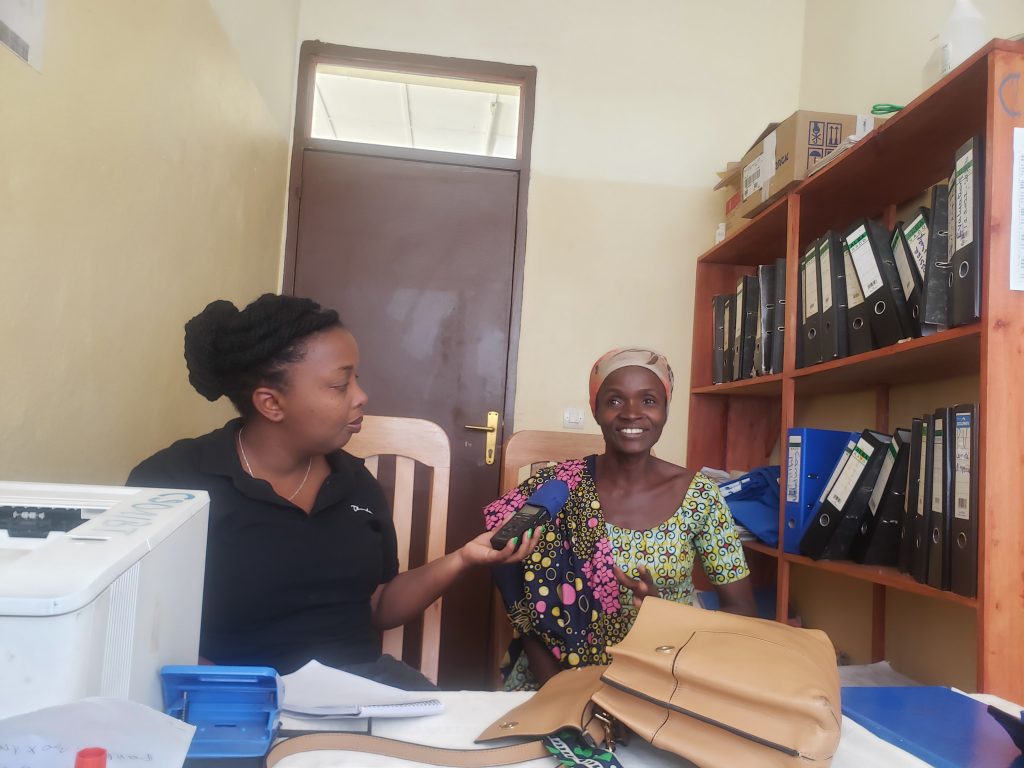Many pregnant and breastfeeding women in Cibitoke province seem to be unaware of the importance and necessity of good nutrition during pregnancy and breastfeeding. They say they don’t think about it because they lack the means to follow the advice given to them by health professionals to the letter. These were the findings of a Radio Isanganiro interview with some of the women they met in health facilities in Cibitoke province. This was part of the Nkuriza project, implemented by the ACORD-IPROSARUDE consortium in the Cibitoke and Bubanza provinces.
Social and behavioral change is one of the strategies often adopted to improve the vulnerability of populations. The Nkuriza project has developed and implemented an integrated communication plan that will enable several promotional campaigns to be carried out on the themes of nutrition, food security and the promotion of family planning.
It is within this framework that the community radios have signed contracts with the ACORD-IPROARUDE consortium, which is implementing the Nkuriza project in the Cibitoke and Bubanza provinces.
Behavior change interventions encompass a wide range of approaches, including interpersonal, community, media and social marketing. Compared with other approaches, mass media and campaigns have the potential to reach a large audience at relatively low cost.
In a program organized for pregnant and breastfeeding women in Cibitoke province, the responses proved that there is still work to be done in promoting good nutrition for pregnant and breastfeeding women.

For Nijimbere Diane, a young pregnant woman she met at the Cibitoke health center, she knows nothing about the three food groups. She says she eats whatever she can find, often just one meal a day.
As part of the Nkuriza project, health professionals and community health workers will be striving to provide pregnant and breastfeeding women with sufficient nutritional education through radio broadcasts and TV spots.
“Through this exchange with the journalist, I’ve just learned that during pregnancy we need to cultivate a healthy, sufficient and balanced diet. She insisted that we include fruit, vegetables and fish in our diet. recalls Rose Bucuti, a pregnant woman.
In the various health centers, community relays and nurses all work together to provide nutritional education to pregnant and breastfeeding women. They affirm that the support of radios for mass awareness campaigns is more than necessary.

“We draw attention to the need for a balanced diet, we advise them to breastfeed their infants sufficiently, and we show them the advantages that babies enjoy when they have suckled for the time required by nutritional standards…” explained Claude Nzibarega, a community health worker.
Nurse Marie Manirambona makes similar claims. “We give pregnant women all the advice they need to look after their health and that of their babies before and after birth. But in most cases, many do not attend prenatal consultations, while others arrive at the health center whenever they want, and still others do not come to the hospital until the day of delivery. And that doesn’t make our job any easier. Radio broadcasts will help enormously,” says Madame Marie.
It should be noted that, as part of the Nkuriza project, these social communication campaigns also aim to raise awareness among men, who are generally unaware of their major role in supporting their pregnant wife’s diet and health.
E.Allickan Niragira


Recent Comments